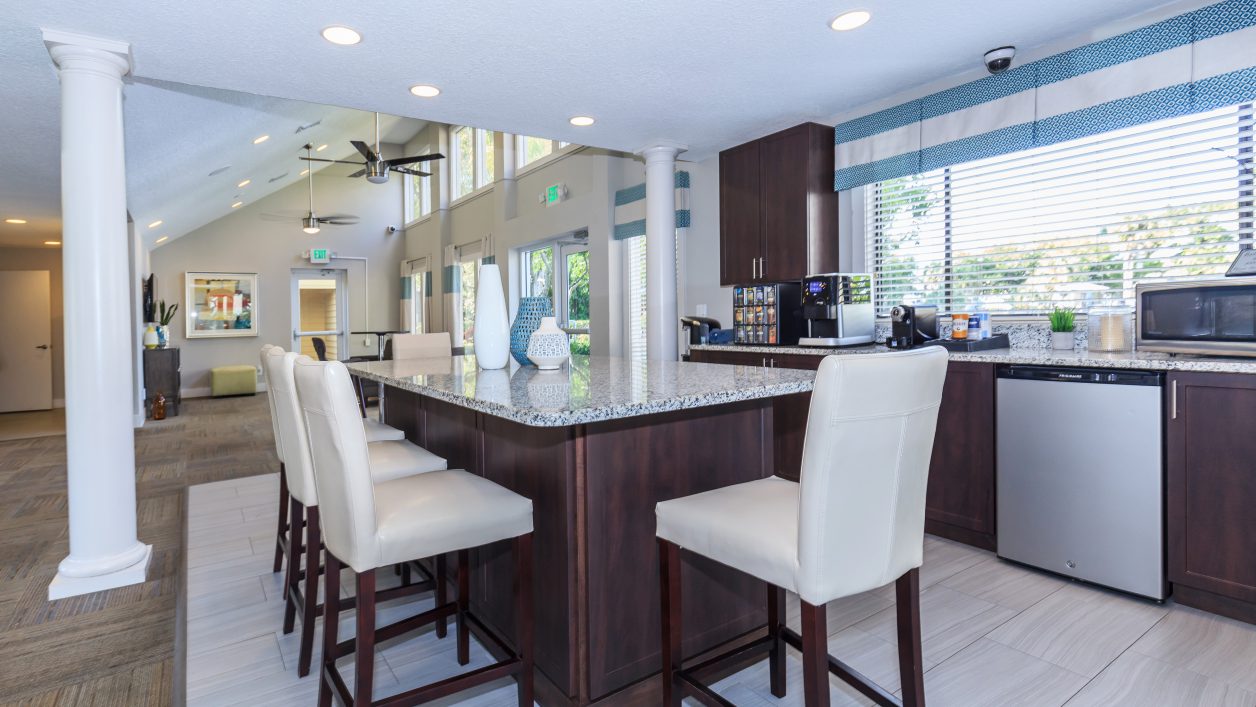By executing a value-add strategy, many investors have been able to increase returns on their multifamily investments. Value-add investments generally target assets that have existing cash flow, but also offer the upside potential of increasing that cash flow through repositioning and implementing improvements to the property. As a result, the property can command higher rents, attract quality tenants, increase tenant satisfaction/retention as well as increase operating efficiencies.
According to the Yardi Matrix report, U.S. multifamily rents grew 3.2% year-over-year from May 2018 to May 2019. Multifamily operators typically increase rents, but in addition they can achieve an even higher rent premium in assets that have room for improvements.
In multifamily real estate, there are many ways an operator can reposition the property and create value. These includes adding value in the form of interior renovations, exterior improvements to the property, and amenities to achieve higher marketability and resident comfort. Strategic improvements can turn an under-performing asset into a high-performing asset. Such enhancements include interior unit renovations with upgraded appliances, cabinets, flooring, lighting and plumbing fixtures, depending upon the market and level of upgrades warranted. Upgraded community amenities often include an expanded fitness center, outdoor entertainment areas , and clubhouse modernization. Once the operator has successfully executed the value-add program, the property should yield a rent premium in addition to the standard rent growth in the market. Successful value-add opportunities offer cash flow throughout the hold period and capital appreciation at sale.
Lloyd Jones’ top three recommendations can be grouped into: interior renovations, curb appeal, and upgraded amenities
.
1. Interior renovations: Upgrading the units themselves typically involves new cabinetry or appliances and perhaps better flooring. This adds value while aiding in keeping turnover low because these changes directly enhance the quality of life of each resident. At the same time, these energy efficient, maintenance-reducing improvements often decrease the operating expenses of the property.
2. Curb appeal: Not only could improving the landscape of the building please the tenants, but it is likely to catch the attention of potential new residents as well.
3. Upgraded amenities: This can result from enhancing existing amenities such as pools or gyms, or creating new amenities like a dog park or Amazon package locker system. Such changes will offer residents benefits that are typically difficult to access in other types of housing.
Renters often oppose rent hikes. They have many choices in multifamily housing so it is crucial for operators to implement strategies that provide unique or in-demand amenities for which residents are willing to pay premium rents. Without resident satisfaction, there are no fruitful yields for the investment.
